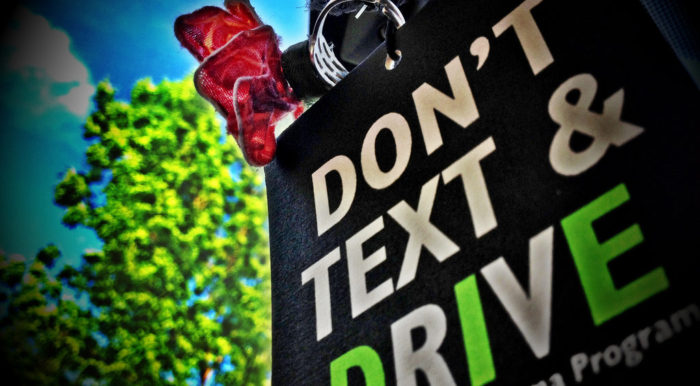There’s currently a movement in Great Britain set forth by the Department for Transportation to come up with methods to prevent mobile phones from functioning while you are driving. The blocking methods would essentially prevent the phones from transmitting, so drivers would not be able to text, call, or send any form of messages out, and also disabling anything that requires internet access or connection to a cellular network.
This may seem an overreach of the government, but they think they have just cause for enacting this technology. According to The Independent:
The move comes after almost one in three motorists admitted to having used their phone while driving, and 17,500 people were taken to court last year.
Campaigners have said they want to change attitudes towards texting and driving
Earlier this week, Victims’ Commissioner Baroness Newlove, said: “It is time to make using a mobile phone while driving just as unacceptable as not wearing a seat belt or drink-driving.
“We need better education and hardhitting messages to ensure the next generation know what could happen.”
A DfT spokesman said: “We are determined to crack down on mobile phone use at the wheel,
“Our plans to double penalties for this serious crime should act as an incredibly strong deterrent.
“We will continue to explore what more can be done to tackle this crime.”
As a result of the high occurrence of mobile use, the Department for Transportation is considering putting in new technologies, in collaboration with mobile phone providers and car manufacturers, to block phone signals for the drivers.
First of all, we agree that distracted driving is a serious problem. Too many people have lost their lives as the direct result of someone not paying attention. However, blocking smartphone reception might be an unsophisticated solution to a highly complex problem. Driving distractions are damn near everywhere, even the features on your dashboard are sources of distraction. Want to know how fast you’re going? You’ll have to gaze over to your speedometer and away from the road. Want to know what turn to take next? You’ll have to distract yourself from driving for a second and see what your GPS is telling you.
Granted, these examples are split second activities and don’t require as much attention as replying to an email from your boss, but will disabling communications really prevent people from using their phones? These people’s minds will wander and they’ll be distracted still, and they’ll find other ways to be distracted. If it’s not mobile phones, it would be newspapers, books, magazines, e-readers, children, etc.
Second, let’s think of the logistics behind such a blocking technology. Will the technology prevent transmission for everyone in the car, not just the driver? Will people have to resort to parking their car first before they can make an emergency call? What’s to prevent the driver from having a secondary phone that could be used while driving? This being a technology for both the mobile phone and the car, will older cars have to be retrofitted with this technology in order to be road worthy? Who will pay for such upgrades? Why do you have your hands in my pocket? Hey wait, that’s my money you’re taking!
We’re curious whether this technology will fall flat on its face or become more widely adopted. It’s highly unlikely that something like this will ever happen in the United States, as we tend to have a nasty attitude towards something that tells us what we can and cannot do. Until that time comes, we encourage everyone to practice common sense: Don’t text while you drive, and focus on the road.
(Source: The Independent)




Leave a reply